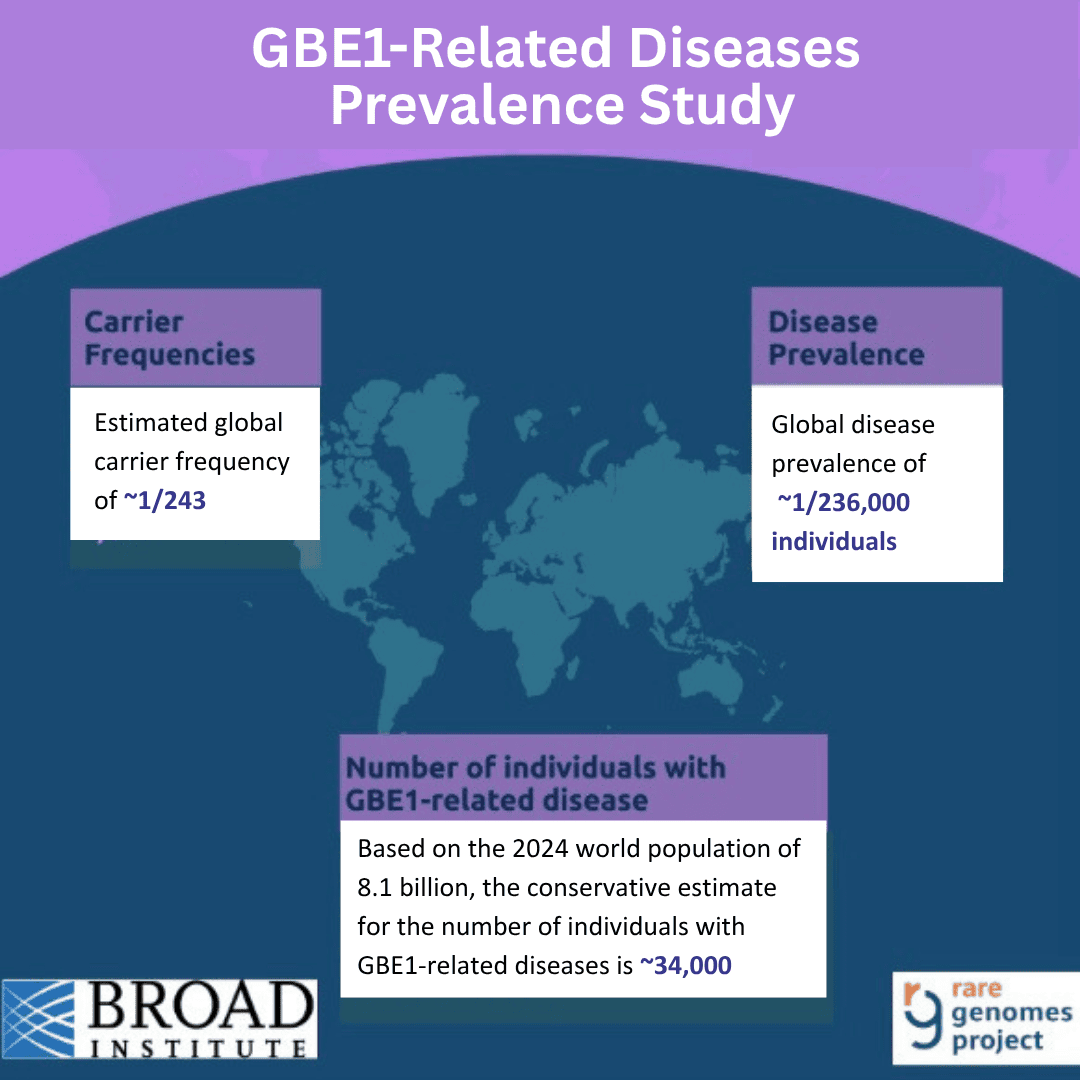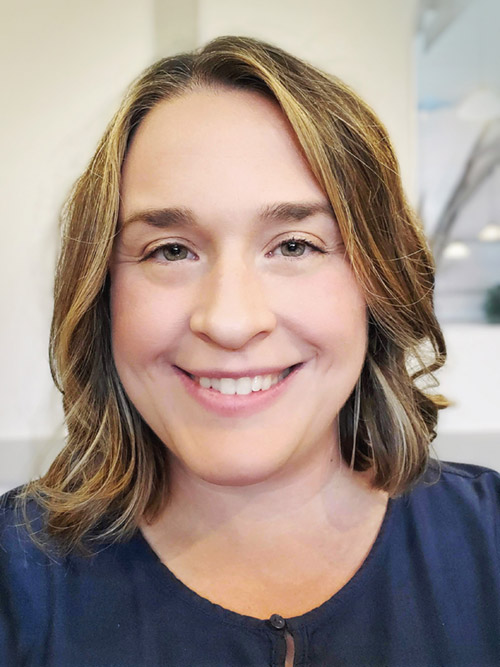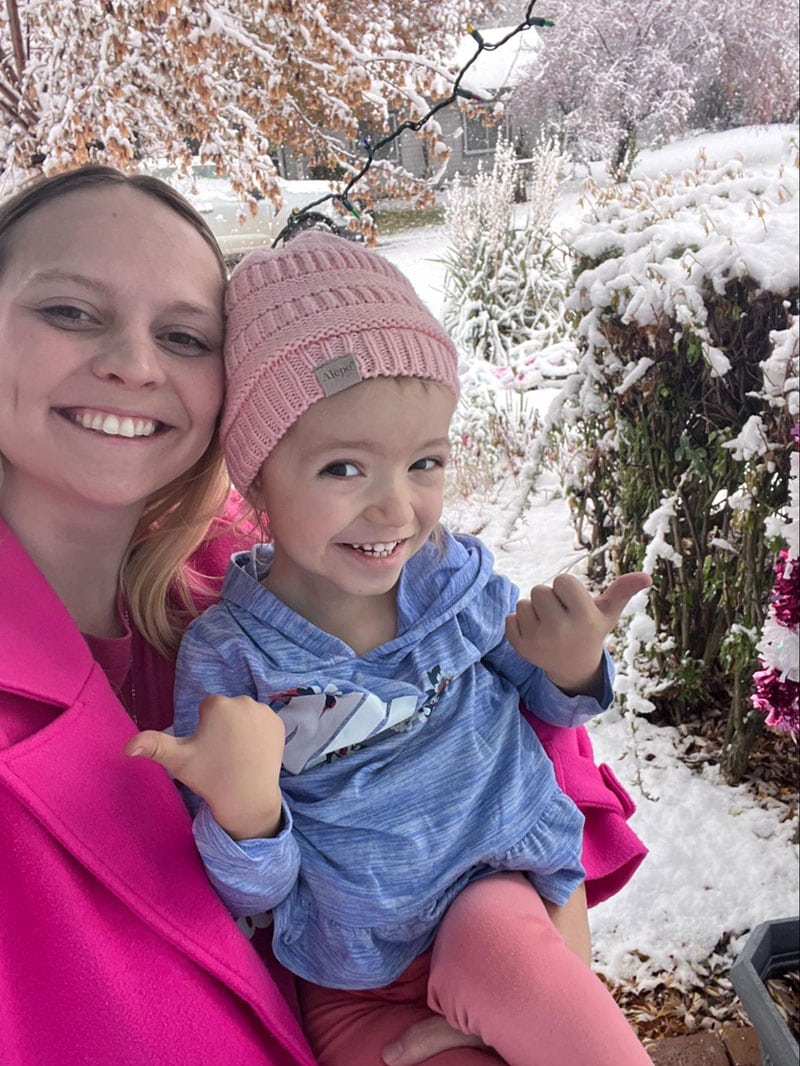Leading Scientists and Physicians in Neurology Report on Research Progress at 13th Foundation Scientific Advisory Board Meeting
The Foundation’s Scientific Advisory Board (SAB) Meeting held on May 5, 2019 brought together an international research team to discuss the latest advances in APBD research during a dinner held in Philadelphia. Led by SAB Chairman Edwin H. Kolodny, M.D., the meeting provided an opportunity for many of the scientists to update each other on current research and to further opportunities for collaboration.
Dr. Kolodny, Professor Emeritus of Neurology, NYU Langone Medical Center, provided an overview of recent work in the field. He summarized the varied approaches now in development aimed at reducing the production of polyglucosan bodies, the malformed glycogen that may be a source of APBD clinical symptoms. Among the approaches being studied are methods for decreasing the amount of glycogen synthase, a protein that promotes glycogen formation; stabilizing the GBE (glycogen branching enzyme) protein that will result in the formation of healthy glycogen; and the use of viruses to carry healthy glycogen-forming genes into the body.
Dr. Or Kakhlon of the Hadassah Medical Center, Jerusalem, spoke of a newly discovered chemical compound that reduces polyglucosan body accumulation in disease models. As of now, its mode of action is not yet fully understood, but much hope lies in early studies. Dr. Kakhlon also spoke of promising new imaging techniques to measure levels of polyglucosan bodies in the brain, which later may prove to be a useful biomarker in upcoming clinical trials.
Dr. Orhan Akman from Columbia University Medical Center presented his work that provides a definitive relationship between polyglucosan bodies and disease symptoms. Dr. Akman and another presenter, Dr. Lorenzo Puri from the Sanford Burnham Medical Research Institute, California, also suggested that symptoms of APBD may, in fact, be related to an inflammatory response and that control of this response may prove significant in reducing symptoms.
Presenters Dr. Berge Minassian from UT Southwestern Medical Center, Dallas and Dr. Tamar Grossman from Ionis Pharmaceuticals spoke of the potential for the use of viruses to deliver healthy genes to produce healthy glycogen and genetic techniques to reduce polyglucosan formation in APBD and other allied diseases.
This collegial group had an opportunity to renew friendships and compare notes at a time when APBD research is headed ever closer to clinical trials.





